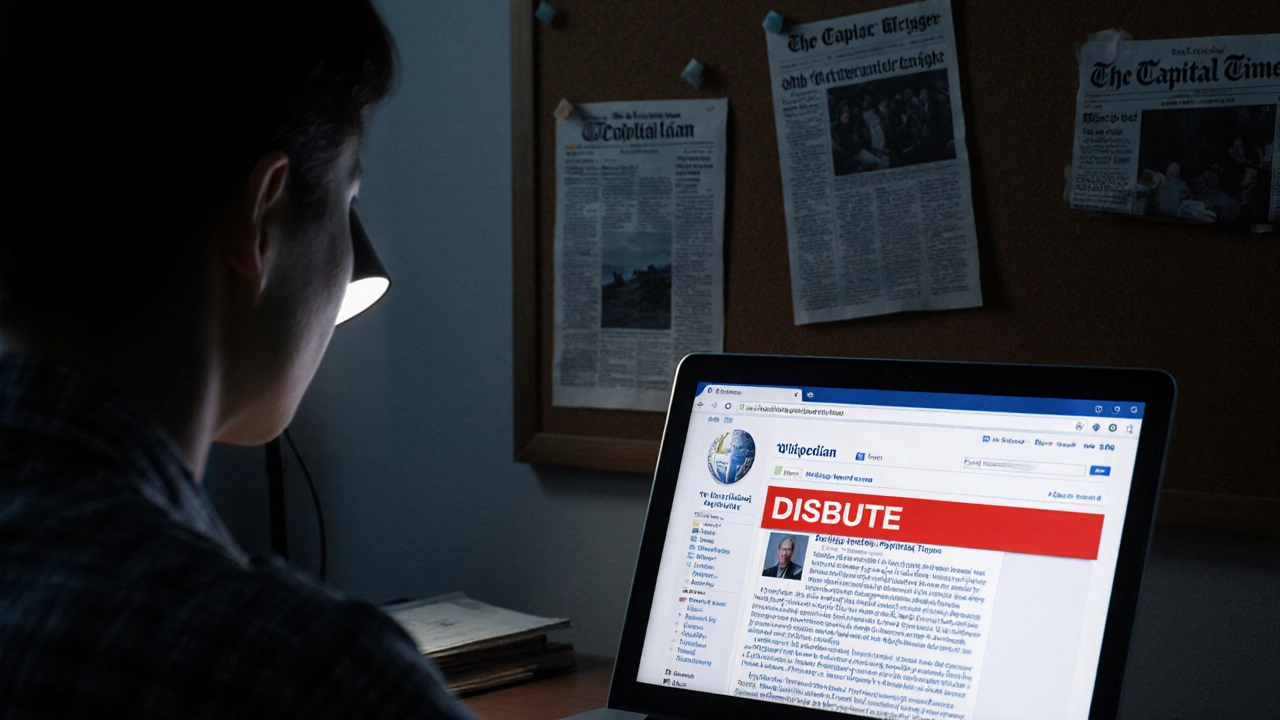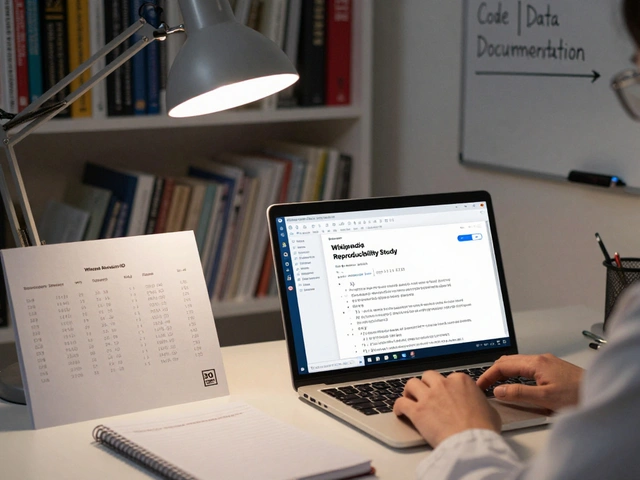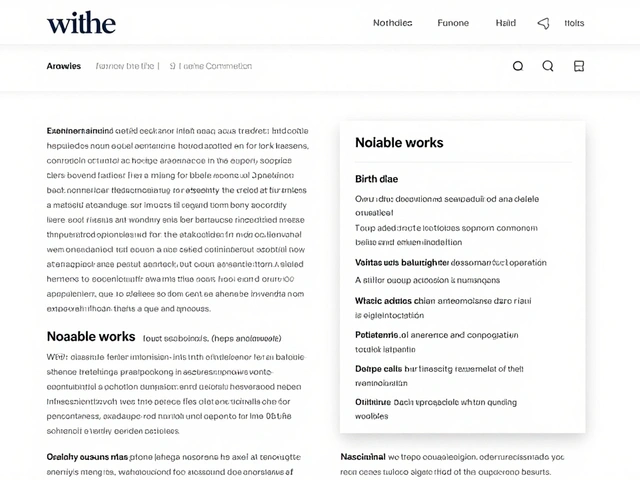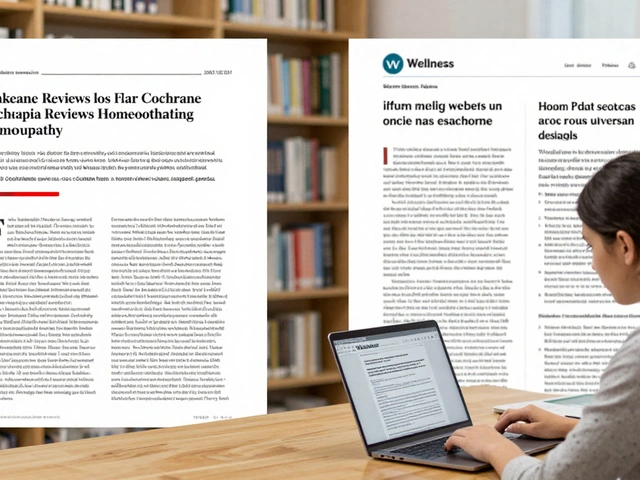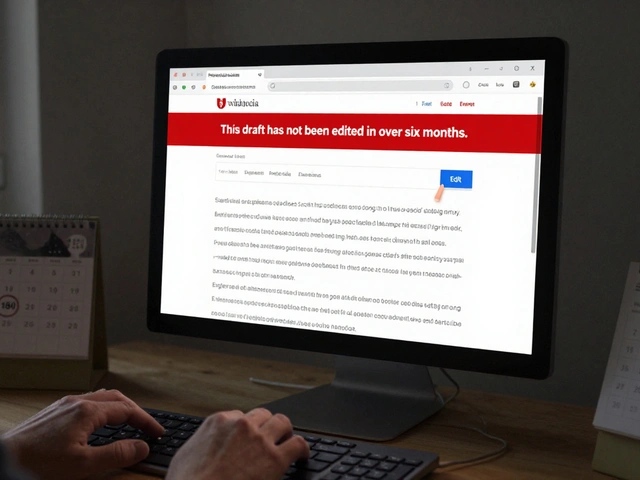Wikipedia policy violation: What happens when rules are broken on the world's largest encyclopedia
When someone makes an edit that breaks Wikipedia policy violation, a breach of the encyclopedia’s established rules meant to ensure accuracy, neutrality, and reliability. Also known as policy breach, it can range from adding false information to harassing other editors — and it’s dealt with seriously by volunteers who keep the site running. Unlike a corporate website, Wikipedia doesn’t have a central team watching every edit. Instead, thousands of unpaid editors patrol changes, flag problems, and enforce rules through consensus. A single policy violation can trigger a cascade: an edit gets reverted, a warning is posted, a user gets blocked, and sometimes, a full dispute erupts on a talk page.
These violations aren’t just about vandalism. They include ignoring Wikipedia guidelines, advice on how to write and format articles, which help maintain consistency and quality, misusing Wikipedia moderation, the system of tools and processes editors use to detect and respond to harmful edits, or pushing personal bias under the guise of "fact." For example, adding unverified claims about a living person, copying content from a website without permission, or launching personal attacks on another editor all count as violations. The community doesn’t punish for mistakes — it corrects them. But repeated or intentional violations? Those lead to blocks, bans, or even formal arbitration.
What makes this system work isn’t software — it’s people. The Wikipedia community, the network of volunteers who write, edit, debate, and enforce rules on Wikipedia acts like a self-correcting ecosystem. One editor spots a problem, another checks the sources, a third raises it on a noticeboard, and soon, dozens weigh in. It’s messy. It’s slow. But it’s transparent. And it’s why Wikipedia still holds up better than most AI-generated encyclopedias when it comes to trust.
You won’t find a single rulebook that covers everything. Policies are mandatory, guidelines are suggestions, and essays are just opinions — but the line between them matters. A policy violation isn’t just about breaking a rule; it’s about undermining the entire foundation of what makes Wikipedia reliable. That’s why editors care so much. They’re not just fixing typos — they’re defending a shared commitment to truth, fairness, and open knowledge.
Below, you’ll find real stories of how these violations are spotted, challenged, and resolved — from journalists misusing Wikipedia as a source, to AI systems quietly editing articles without oversight, to volunteers fighting to remove biased content. These aren’t abstract debates. They’re daily battles that shape what millions of people believe is true.
How to Repair Your Reputation After a Wikipedia Dispute
Wikipedia disputes can damage your reputation even after they’re resolved. Learn how to recover by using credible sources, avoiding conflict-of-interest mistakes, and building positive content that outranks the article in search results.
